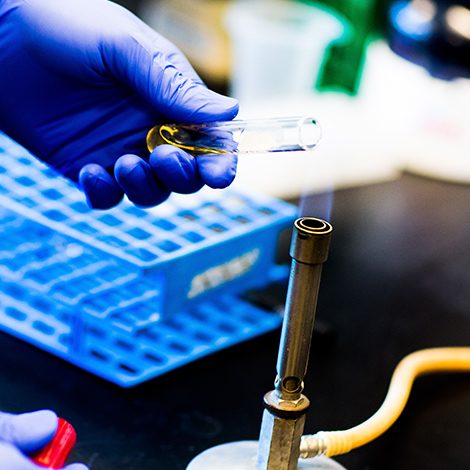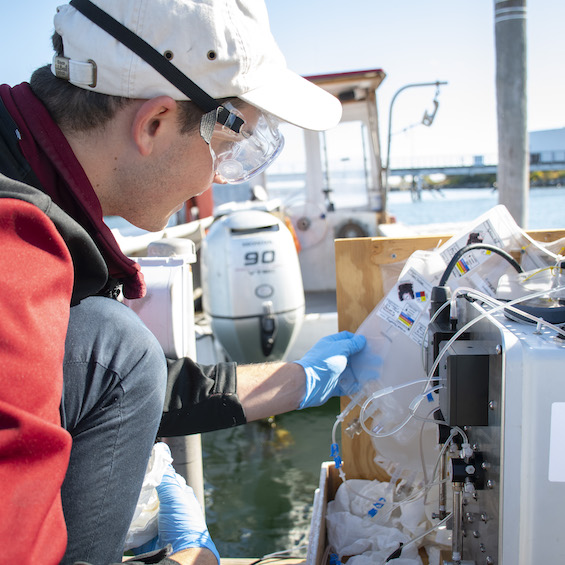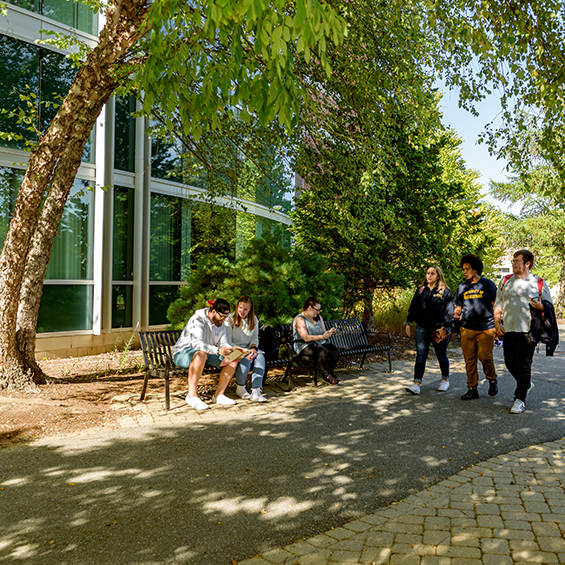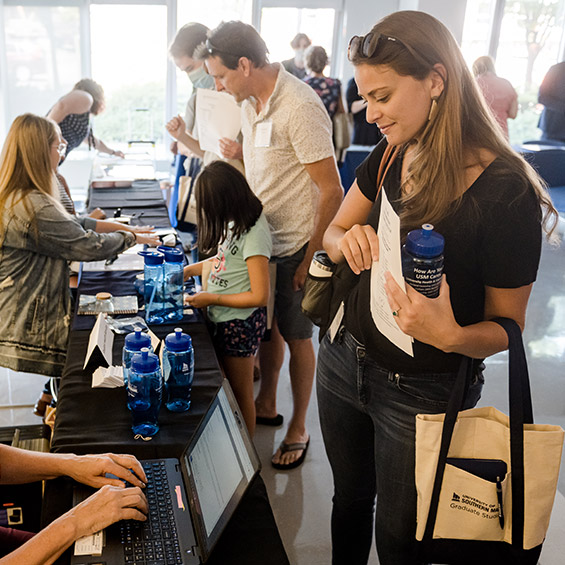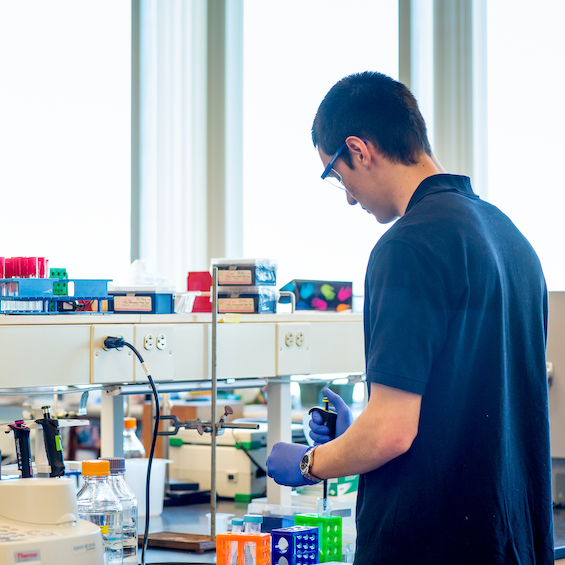Tuition & fees
Costs include tuition & fees. See cost details
Credit hours
30-32 required credit hours. Most courses are equal to 3 credit hours. Browse course list
Financial aid
Over 150 graduate assistantships available with stipend & tuition assistance, plus scholarship, fellowship & research opportunities. Explore aid
Admissions
No GRE required. Apply by February 1 for fall, by October 15 for spring. View application process & deadlines
Program highlights
Program requirements
This program is designed to meet the needs of students who want to gain lab and field experience for a competitive employment edge or want to teach at the secondary, community college, or technical college levels. It is also appropriate for students who want to further pursue scholarship and earn a PhD or MD.
Experiential learning
Gain real-world experience at nearby facilities and field sites, including the Gulf of Maine Research Institute, Biodiversity Research Institute, Massabesic Experimental Forest, Bigelow Laboratory for Ocean Sciences, and more.
Well-rounded faculty
All full-time faculty members hold a PhD and conduct research in their discipline area, which includes animal behavior, animal development, functional biology, genetics, immunology, marine ecology, microbiology, neurobiology, and plant ecology.
Graduate student support
Our Office of Graduate Studies connects you with opportunities for professional development, scholarships, and graduate assistantships. They also foster our graduate student community through Peer Mentorship and the Graduate Student Board.
Innovative research equipment
You’ll have access to advanced cell imaging and molecular biology equipment, constant temperature lighted growth chambers, liquid scintillation counters for radioisotope work, and more.
Scholarship opportunities
Scholarships offer financial aid that doesn’t need to be repaid. We encourage students in graduate degree programs to apply for scholarship opportunities.
Connect with us
Our monthly Graduate Information Sessions are an excellent way to learn more about the benefits of our program, as well as our admissions and financial process.
Our graduate admissions counselors are here to answer your questions about the admissions process, our academic programs, and student support services.

Admission information: MS in Biology
Application deadlines
We accept applications on a rolling basis and review them continuously.
| Application deadline | Fall term start | Spring term start |
|---|---|---|
| Recommended | February 1 | October 15 |
| Final | August 1 | December 15 |
| International applicants | June 1 | October 15 |


